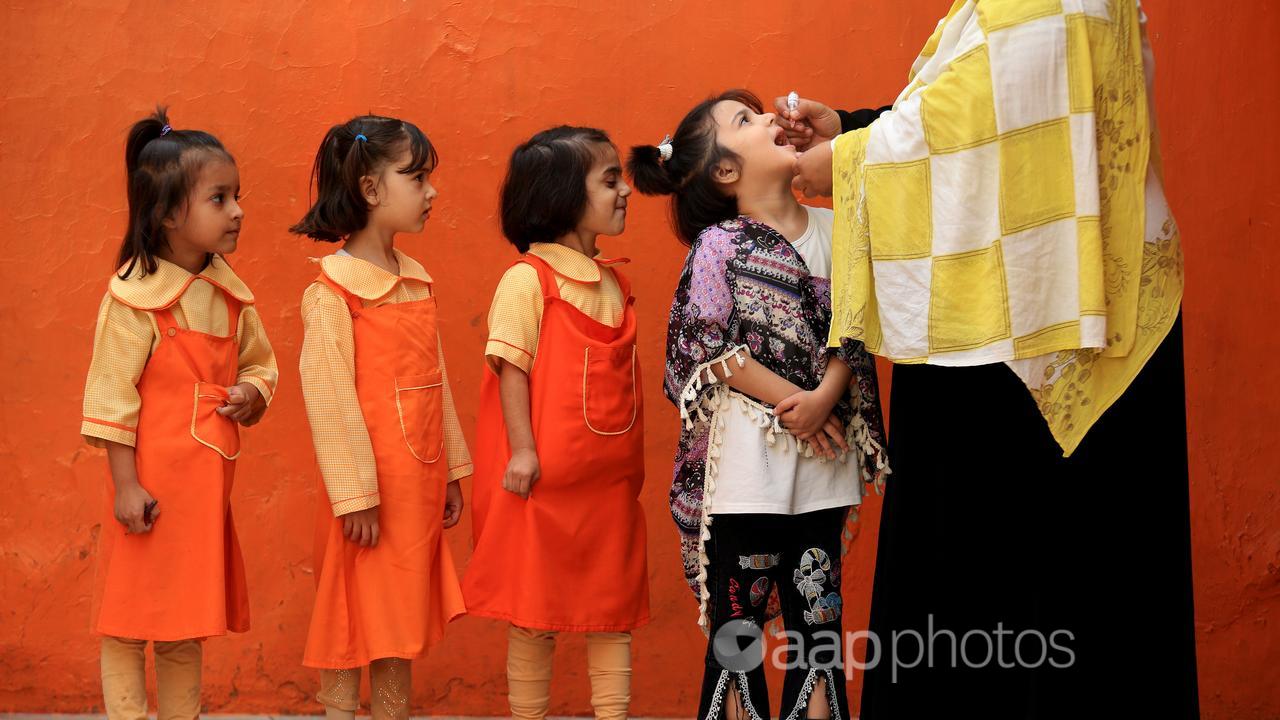AAP FACTCHECK – A video of Bill Gates promoting vaccines as a way of tempering global population growth by improving healthcare has not been “utterly scrubbed from the internet”, despite claims on social media.
The false claim has been shared widely on social media in recent years, including in an Instagram post that states: “I FINALLY FOUND THE VIDEO OF BILL GATES ADMITTING IT”.
“This clip has been utterly scrubbed from the internet, even the original TED Talk. Save it”.

The post includes a clip taken from a 2010 TedTalk by Bill Gates where he discusses reducing carbon emissions.
The original TedTalk video shows Mr Gates saying (four minutes 36 seconds) that part of achieving net zero involves reducing global population growth, which he says is set to increase from 6.8 billion to about nine billion people.
“Now if we do a great job on new vaccines, health care, reproductive health services, we could lower that by perhaps 10 or 15 per cent,” Mr Gates says, referring to slowing population growth in future, not reducing the current population.
But the Instagram video plays that section of the TedTalk then cuts to a man claiming Mr Gates’ comments show he supposedly intends to kill people via vaccination.
“Well common sense would tell you that if you have a man standing in front of you saying he’s going to reduce the world’s population by 10 or 15 per cent using vaccines, what does that mean to you?” the man claims.
“It means somebody’s going to die because you put a vaccine in them. It doesn’t mean you’re going to save people.”
Despite the claim in the post, Mr Gates’ TedTalk is readily available both on the TedTalk’s website and YouTube, where it has millions of views.

The Instagram clip has been taken from a widely discredited 2022 anti-vaccination documentary called Died Suddenly.
The documentary includes multiple false claims previously debunked by Science Feedback, Associated Press, ABC, BBC, AFP, PolitiFact and FactCheck.org.
Since he gave the talk in 2010, Mr Gates has repeatedly clarified that he believes global population growth can be slowed by reducing death rates through vaccination campaigns.
This is because parents are likely to have fewer children if they know their children are likely to survive to adulthood, Mr Gates argues.
In a 2011 Forbes interview he explained that initially the Gates Foundation focused on promoting birth control in poorer countries to help alleviate the extreme poverty exacerbated by rapid population growth.
However, he later discovered that in many countries, the birth rate tended to fall after a decline in the mortality rate.

Mr Gates said this led him to focus on funding vaccination campaigns, rather than contraception, to reduce mortality rates and improve living standards in developing nations.
He made similar comments in a 2018 YouTube video, and the Bill & Melinda Gates Foundation has pledged billions of dollars towards childhood vaccination programmes in the world’s poorest countries.
In a 2022 interview, Mr Gates addressed the fact that his comments about population growth in the 2010 TedTalk had been taken out of context and used in conspiracy theories that he supposedly had a nefarious global agenda.
He reiterated that his comments stemmed from what he’s acknowledged is the “counterintuitive” concept that very poor countries with high childhood mortality have the highest rates of population growth, while healthier societies have lower population growth.
“And amazingly, as you bring in vaccines or better nutrition — anything to improve their health — parents choose to have less children,” Mr Gates said.
In 2020, AAP FactCheck debunked a similar claim stemming from Mr Gates’ 2010 TedTalk, and it has also been debunked by Poynter and FactCheck.org.
The Verdict
False – The claim is inaccurate.
AAP FactCheck is an accredited member of the International Fact-Checking Network. To keep up with our latest fact checks, follow us on Facebook, Twitter and Instagram.
All information, text and images included on the AAP Websites is for personal use only and may not be re-written, copied, re-sold or re-distributed, framed, linked, shared onto social media or otherwise used whether for compensation of any kind or not, unless you have the prior written permission of AAP. For more information, please refer to our standard terms and conditions.


















